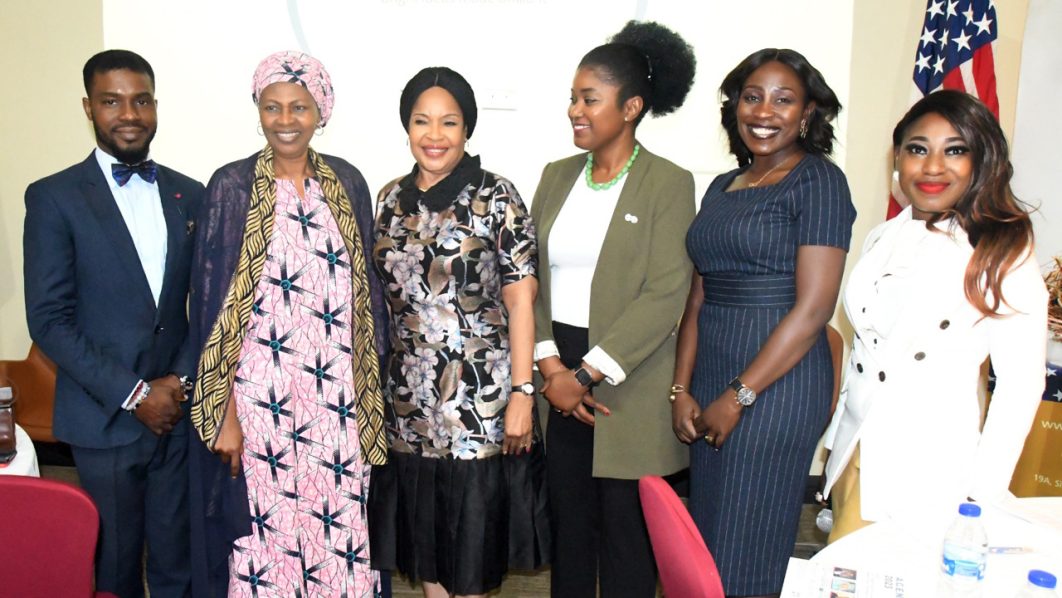
Industry experts drawn from the public and private sector have said that despite the myriad of problems manufacturers and businesses face presently, especially with export of goods, there are still a vast number of opportunities for innovation and growth in the sector.
Speaking at the A.G.E.N.D.A 2023 organised by the Nigeria-American Chamber of Commerce and held in Lagos with the theme, ‘U.S.-Nigeria Inward and Outward Investments; Opportunities, Challenges and Solutions for 2023’, the managing director, Afrinvest Consulting Limited, Abiodun Keripe, said key areas of need include Agriculture (food processing, crop research and development, crop aggregation, food storage and transportation, asset financing); Infrastructure (road and railway, housing, rural utilities, waterways and ports, circular waste economy).
Others are: economy (FX unification, fiscal policy, import substitution, national asset registration and dead capital reviving) and Energy (oil and gas exploration, renewable energy plan, rural electrification, electricity generation and transmission). Speaking on proposed reforms by this administration, he said there are various incentives for investment and urged the government to explore these incentives genuinely to bring in investors.
Speaking on potential challenges on the fiscal and monetary ends, he recommended mitigants including prioritising investment in human capital, tax system reform, strengthening public institutions and concession of sub-optimal public assets among others.
Acting executive secretary/CEO, Nigeria Investment Promotion Commission (NIPC), Hajja Gana Wakil, spoke on challenges harvested from investors including massive corruption, harassment from government agencies, painful and long government approval process, frequent policy change, very difficult operation conditions and almost zero access to long term capital among other negative factors.
Harping on the country’s National Development Plan (NDP) 2021-2025, Wakil said a strong partnership between the public and private sectors is imperative to achieve the investment required.
Nigeria Programme Director, CIPE, Lola Adekanye, said agriculture, trade, telecommunication and information technology services are the greatest contributors to the country’s Q1 2023 real Gross Domestic Product (GDP) and that is where the country should place attention on in terms of export. She pointed out Nigeria’s export has not grown in the last decade, except human capital, which has seen a sharp rise last year with almost 66, 000 Nigerians leaving the country to study in the U.K.
Sector head, financial institution client coverage for Stanbic IBTC, Yewande Adedayo, urged exporters to leverage on existing opportunities in the U.S.A or even create something that does not exist yet. “In terms of ease of doing business, the U.S. is ranked sixth in the world while Nigeria comes in at 131 but I still say there’s room for growth. Don’t engage any U.S. investor without doing your homework well.
Engage CIPE and the US Chamber of Commerce for advice. If we can leverage the economic opportunities that abound in the US, it will be a game changer for us. Nigeria is priced next to junk in the international market and when we go to raise funds in the international markets, we are priced very high because we are seen as risks. In terms of trade between both countries, the volume is extremely low and we must all begin to think as potential exporters henceforth.”
Director of Communications, Government Relations and Advocacy, NACC, Wofai Samuel, stated that the much-anticipated investment conversation for Nigeria and the United States driven by West Africa’s foremost and oldest bilateral chamber, provided valuable insights into post-election bilateral investment opportunities and trends that should aid businesses in their 2023 plans and beyond, as well as interesting policy perspectives for good business positioning in the new U.S.-Nigeria economic landscape.






